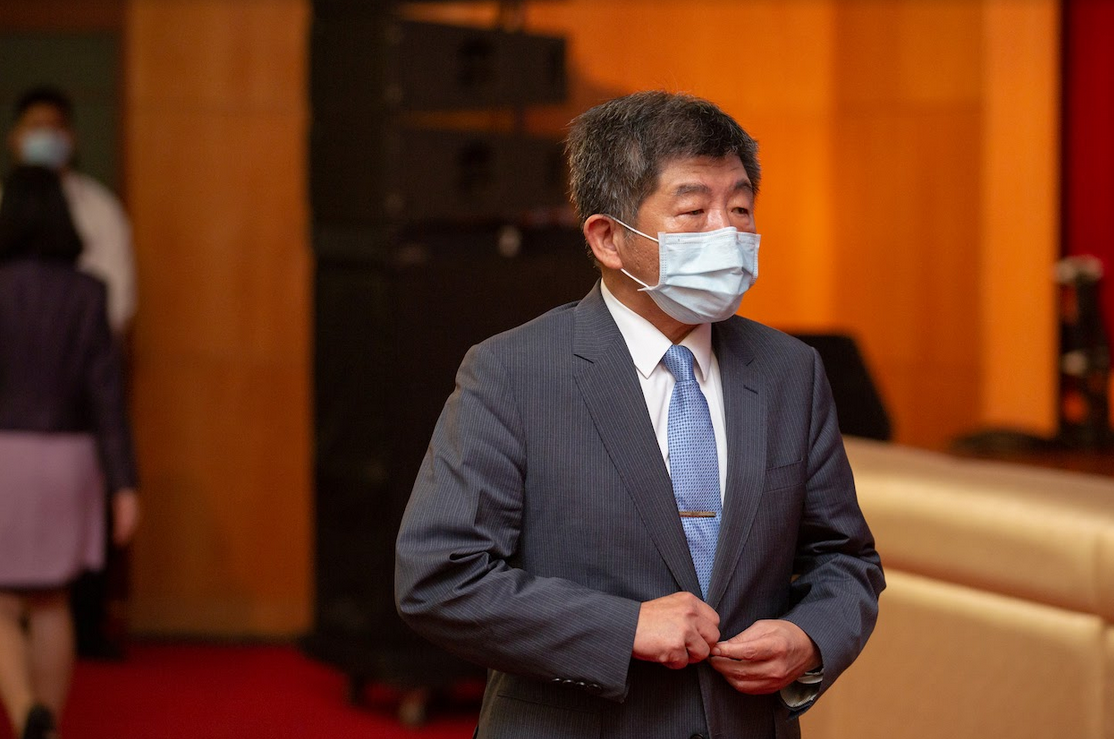Three and a half months after an initial outbreak that began on May 15th, COVID-19 is back under control in Taiwan, with the country’s first day of zero new cases announced on August 25th. In that time I have listened to more than one hundred hours of livestreamed press conferences by Chen Shih-chung, the Minister of Health; fifty by Ko Wen-je, the mayor of Taipei; and fifty more by Hou You-Yi, the mayor of New Taipei, in order to produce something like 200,000 words of reporting on the pandemic situation.
In other words, over the last three surreal months, I basically wrote a book and worked for one hundred days straight. Two hundred hours is around 8.4 days, so that means I spent more than a week of my life listening to these press conferences.
Taiwan has never had a formal lockdown, only a “soft lockdown” in which people were encouraged but not ordered to stay at home. By the end of the outbreak I’d lost track of time itself: For how long had I been doing this? A hundred days, or 10,000 years? I was listening to these press conferences endlessly, rewinding and forwarding, slowing down or speeding up parts of the livestream to hear things more clearly. I thought of it as listening to the Ministry of Health on nightcore. By the end, I began to believe I had only ever imagined a life beyond rising daily at the same time to listen to Chen Shih-chung, a perpetually tired-looking man with salt and pepper hair, give his updates. Perhaps all the rest had been just a dream.
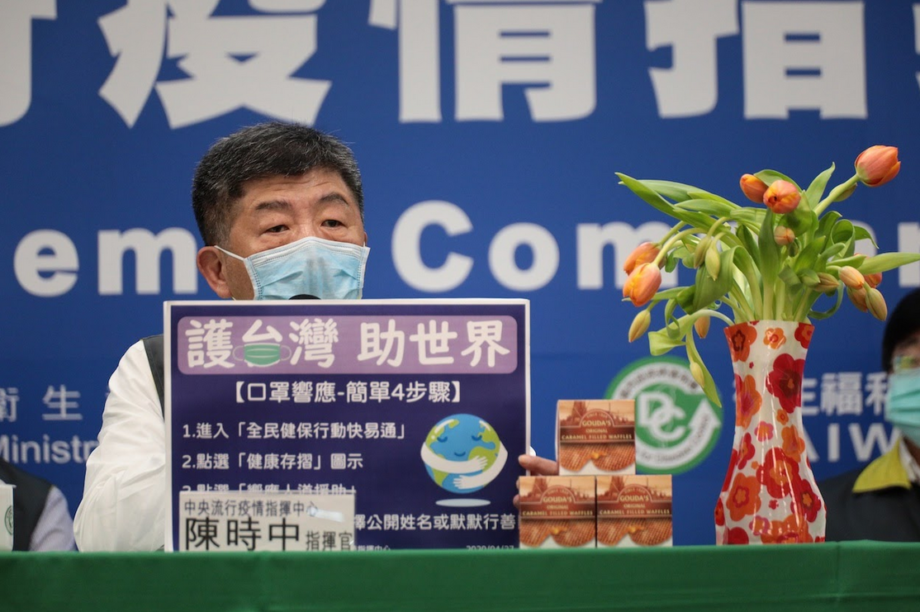
I live in Bangka, the district where the recent outbreak began, and my place is on the same street as the major hospital here. I wrote my daily accounts of the press conferences to a soundtrack of ambulance sirens, which wailed nearly 24/7 as Chen and others discussed events that had begun in the “tea parlors” in the alleyways just across the street from my apartment. Sex workers at these establishments were among the first victims of the recent outbreak.
I met Chen once at a National Day gala thrown by the Presidential Office. I had arrived in jeans and was immediately laughed at by a colleague for my casual dress (I don’t own a single suit or tie). Chen was already being hailed as a hero for having kept Taiwan COVID-free for more than a year. Seeing him sipping on a can of Taiwan Beer and exchanging a few words with him was the highlight of the night. I had also encountered Ko, the Taipei mayor, a few times on the campaign trail, and was always surprised by how much more he slouches in real life than he does on TV.
Chen, the most casual of the three officials, always projects calm, though he is known to work for days on end without returning home; unsurprisingly for one so taxed and overworked, he would experience occasional difficulty reading off statistics or remembering journalists’ questions. Once he accidentally began announcing six million new cases—around a quarter of Taiwan’s population—before correcting himself. Whenever he was late, it usually meant bad news; an ironic joke, considering that his given name (時中) is a homonym for “clock” (時鐘). People started to refer to going against Chen’s views, as local Kuomintang-controlled governments sometimes did, as “turning back the clock” (逆時中).
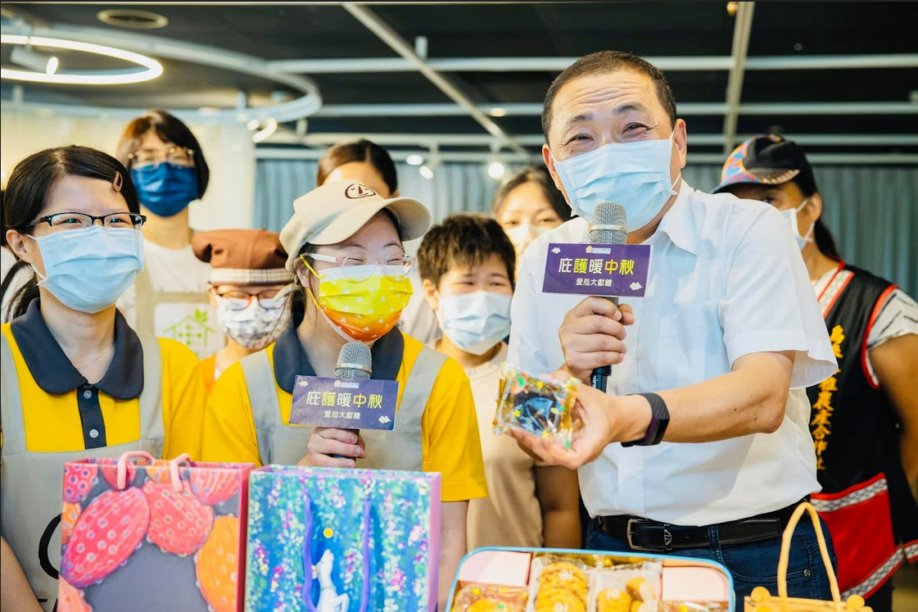
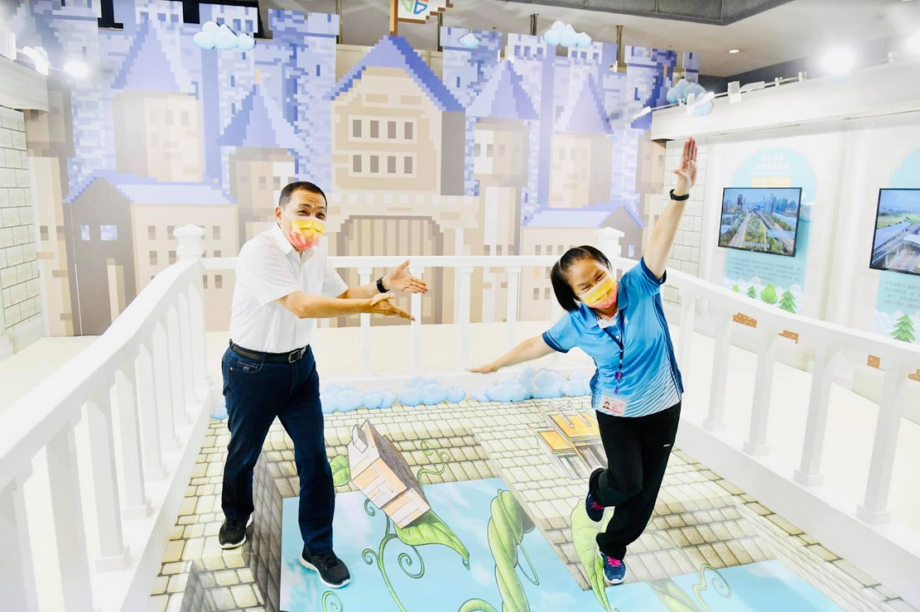
Hou You-yi is the most competent communicator of the bunch. I have no love for Hou, a former cop who oversaw crackdowns on dissidents during the authoritarian period, but it was hard not to be impressed by his ability to get complex ideas across effectively. Still, it irked me that especially at first he kept emphasizing that he had been a cop, and that citizens should respect cops during the outbreak.
Ko Wen-je often repeated, verbatim, things he had said at previous conferences. While Chen sometimes cracked jokes, Ko also was notably the only local government leader or medical authority that always laughed at every press conference, usually at how clever he thought he was. I was also forever annoyed by Ko’s evident obsession with promoting TaipeiPASS, an app rolled out by the city government to help with contact tracing.
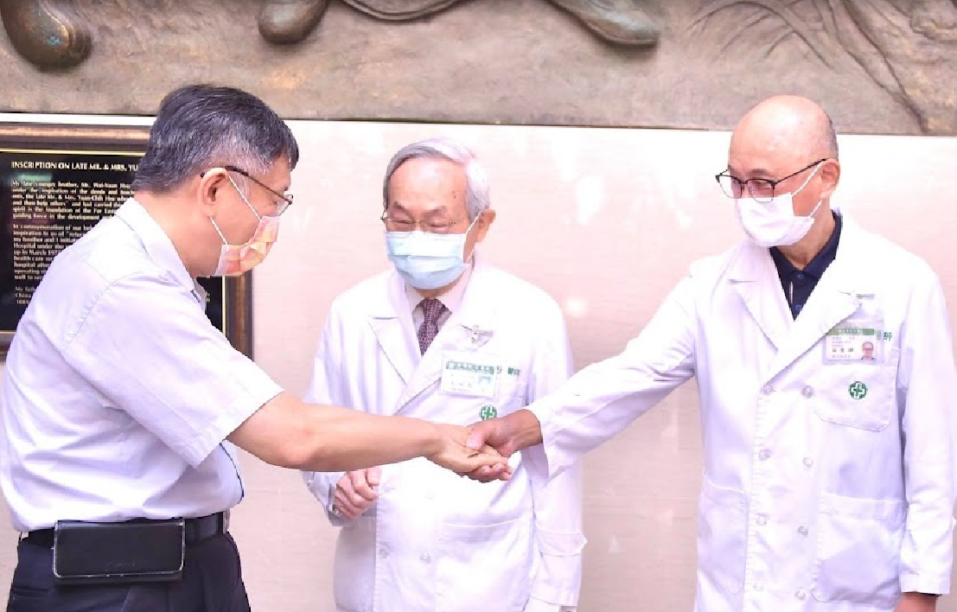
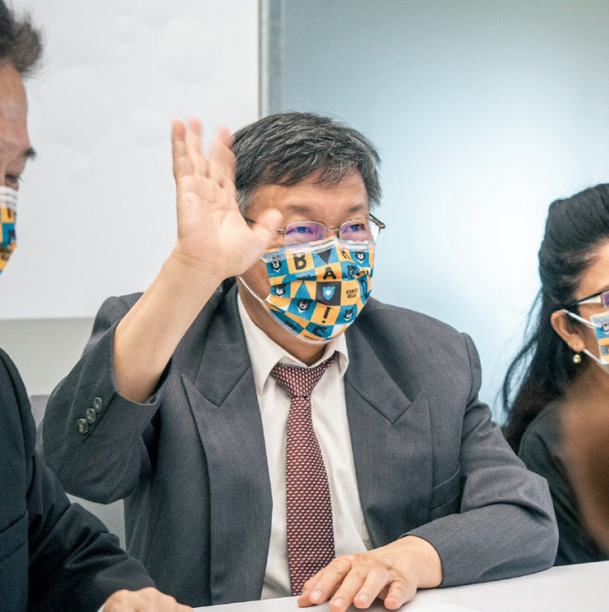
Sadly, there was no escape from Ko, whose announcements about the pandemic emanated from garbage trucks and police cars as they drove up and down my street every day, a practice I don’t believe was adopted by other local mayors. I developed a recurring fantasy of the dystopian cyberpunk Taipei of the future in which Ko Wen-je ruled with an iron fist, all citizens monitored at all times through TaipeiPASS, a hellscape in which anyone who hadn’t downloaded TaipeiPASS (which, Ko claimed, came preloaded with all residents’ personal information) was considered illegal, and in which the garbage trucks and police cars went around projecting Ko Wen-je’s omnipresent image via hologram.
The hours of repetitive press conferences wore on my nerves—particularly hearing Hou and Ko trying to attack the central government wherever they could, as a way of politicking. At a certain point, general interest in their announcements seemed to fade, less because of the COVID situation than because of their politics.
Tuning into the 2 PM press conference by Chen Shih-chung, by contrast, became something of a daily ritual for many. This consistent, centralized channel for communicating information to the public helped with fighting misinformation and disinformation, though to some extent, media questions at the press conferences could themselves become a vector for this. Media inquiries during the Q-and-A were sometimes made with an eye to sensationalism, to drive up hits rather than to clarify, which at times seemed to lead to an increase in the credibility of bogus claims—like the idea of people becoming magnetic after vaccination.
It’s probable though that the sheer amount of public attention given to the daily press conferences allowed for minute shifts in policy to be made on the fly, and for very detailed and precise information to be disseminated instantly. Some grew frustrated at the seemingly endless number of rolling adjustments that were made over the course of four months, but that likely played a key role in Taiwan’s ability to fight back COVID.
I stopped producing daily press conference updates on day one hundred. Disappointingly, all this exercise proved in the end is that I am, in fact, capable of rising at the same time every day, having been convinced for many years that this was impossible. The thing I’m most looking forward to being able to do is being able to drink without restraint, which I’ve avoided for fear of being too hungover the next day and sleeping through the daily press conferences. Near the end, when some bars had begun to open, there were indeed some days I barely managed it. Time to drink.

